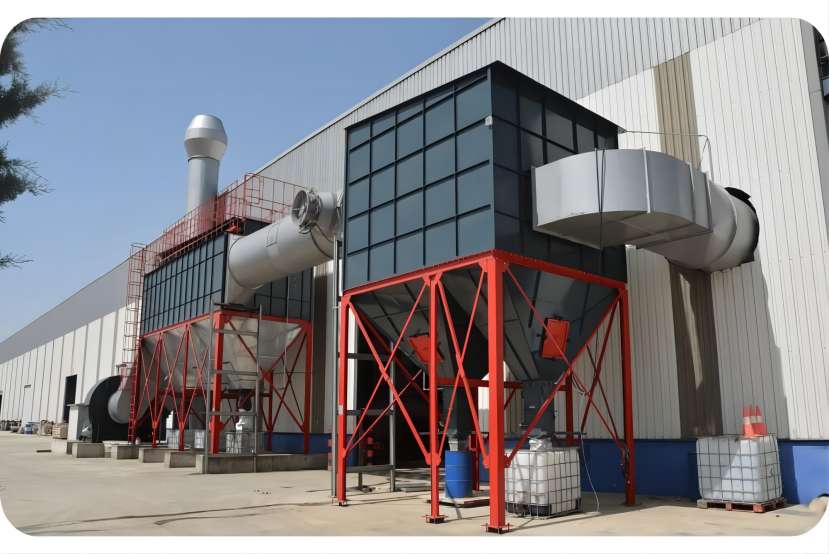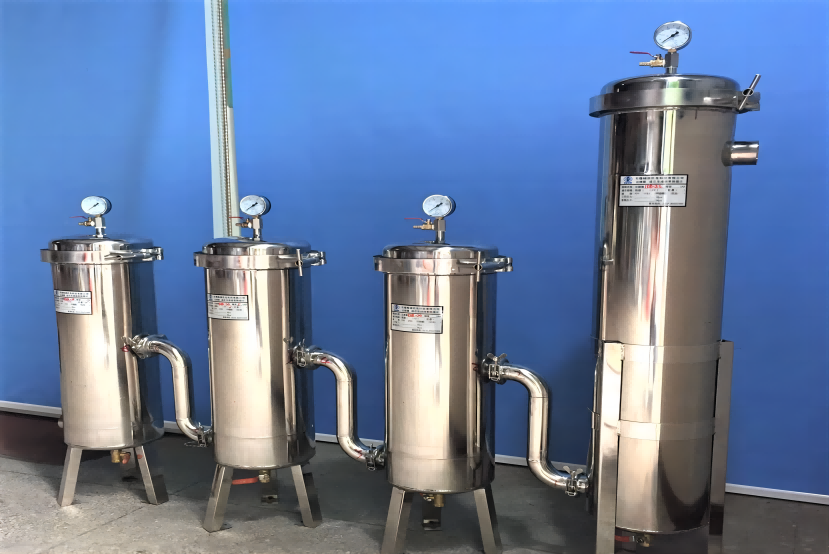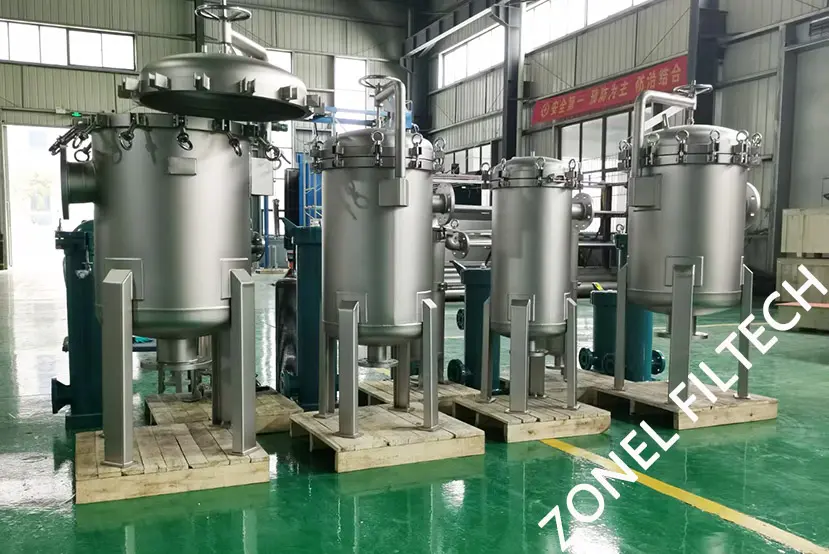Selecting the appropriate filter in industrial settings is crucial, as it greatly affects operational efficiency, maintenance expenses, and overall performance. Today, we examine three widely used filters: Pleated Bag Filters, Cartridge Filters, and Stainless Steel Filters. Each type provides unique benefits and is designed for particular applications.
Table of Contents
Togglethree filters comparison
Feature | Pleated Bag Filters | Cartridge Filters | Stainless Steel Filters |
Design | Cylindrical bag with pleated material | Cylindrical shape with pleated media or membrane | Cylindrical shape with a woven or sintered metal mesh |
Filtration Mechanism | Surface and depth filtration | Surface and depth filtration | Surface filtration |
Material | Polyester, polypropylene, or other synthetic materials | Polypropylene, cellulose, fiberglass, stainless steel | Stainless steel mesh or sintered stainless steel |
Filtration Efficiency | Moderate to high | High | High |
Particle Retention Size | 1-200 microns | 0.1-100 microns | 5-100 microns |
Flow Rate | Moderate | Moderate to high | High |
Cleaning and Maintenance | Can be cleaned and reused | Disposable or cleanable | Cleanable and reusable |
Corrosion Resistance | Low to moderate | Low to high (depending on material) | Very high |
Applications | Water treatment, chemical processing, food & beverage | Pharmaceuticals, water treatment, chemical processing | Oil & gas, chemical processing, food & beverage |
Cost | Moderate | Low to moderate | High |
Pleated Bag Filters

Pleated Bag Filters, designed to increase surface area and filtration capacity, capture more particulates than standard filters. Commonly used in HVAC systems, dust collection, and liquid filtration, their high dust-holding capacity ensures longer intervals between changes.
Cost-effective and high-performing, they require straightforward periodic replacement, making them popular in industrial and commercial settings.
Pros | Cons |
|
|
Cartridge Filters

Cartridge Filters, used in water treatment, air filtration, and chemical processing, come in pleated and non-pleated forms. Pleated versions offer higher efficiency and fine particle retention, while non-pleated types are budget-friendly.
They efficiently trap contaminants, with varying dust-holding capacity and maintenance needs. They offer a well-balanced mix of performance and cost, making them suitable for diverse applications.
Pros | Cons |
|
|
Stainless Steel Filters

Stainless Steel Filters are known for their outstanding durability and efficiency, particularly in extreme temperatures or corrosive environments. Constructed from strong stainless steel, these filters are reusable, long-lasting, and simple to maintain.
While they initially cost more, their long lifespan and reusability ensure they are economical in the long run. They are perfect for industries that need dependable performance, such as food processing, pharmaceuticals, and chemical manufacturing.
Pros | Cons |
|
|
Conclusion
Choosing the right industrial filter depends on specific needs and applications. Pleated Bag Filters excel in cost-effectiveness and performance, especially in HVAC and dust collection. Cartridge Filters offer versatility and a balance of cost and efficiency, suitable for various industries. Stainless Steel Filters, while having a higher initial cost, provide unmatched durability and reusability, making them ideal for harsh environments.
Understanding the strengths and maintenance needs of each filter type will help industries optimize their filtration processes and achieve better operational efficiency.
